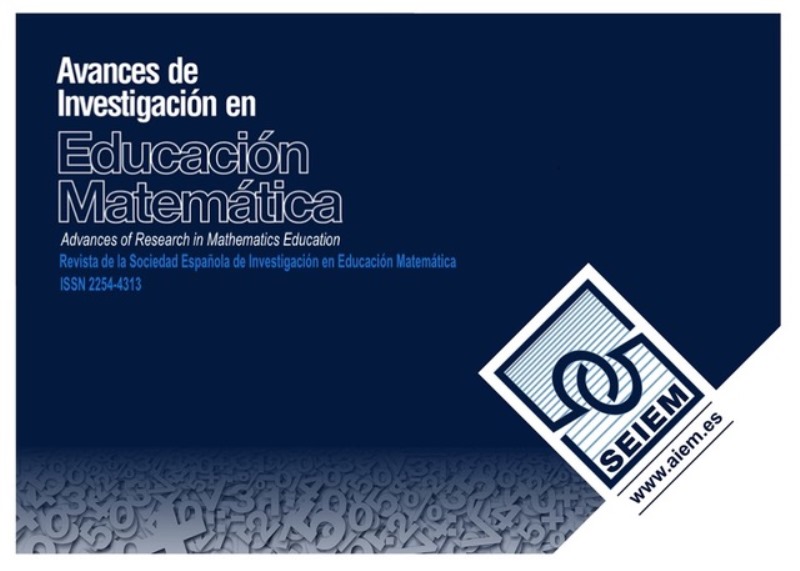Democratic mathematical practices
Analysis of a school experience
DOI:
https://doi.org/10.35763/aiem.v0i19.417Keywords:
Democratic mathematical practices, classroom norms, meaning construction, length measure.Abstract
In this article we propose the characterization of the democratic mathematical practices promoted in a mathematics classroom with 12-13-year-old students focused on the teaching and learning of the length measurement. It is shown that the promotion of such practices makes it possible to successfully negotiate mathematical meanings. An analysis is carried out in which, in addition to the identification of democratic mathematical practices, we observe norms to describe and interpret the interactive processes that shape the participation of teacher and students in the lessons. The results indicate a predominance of practices related to the articulation and resolution of conflicts. It is also found that each type of democratic mathematical practice relates to a certain type of norm.
Downloads
Downloads
Published
How to Cite
Issue
Section
License
The articles published in this journal are under a license Creative Commons: By 4.0 España from number 21 (2022).
Authors who publish with this journal agree to the following terms:
- Authors retain copyright and keep the acknowledgement of authorship.
- The texts published in this journal are – unless indicated otherwise – covered by the Creative Commons Attribution 4.0 international licence. You may copy, distribute, transmit and adapt the work, provided you attribute it (authorship, journal name, publisher) in the manner specified by the author(s) or licensor(s). The full text of the licence can be consulted here: http://creativecommons.org/licenses/by-nc/4.0.
- Authors are able to enter into separate, additional contractual arrangements for the non-exclusive distribution of the journal's published version of the work (e.g., post it to an institutional repository or publish it in a book), with an acknowledgement of its initial publication in this journal.
- Authors are permitted and encouraged to post their work online (e.g., in institutional repositories or on their website) prior to and during the submission process, as it can lead to productive exchanges, as well as earlier and greater citation of published work (See The Effect of Open Access).









